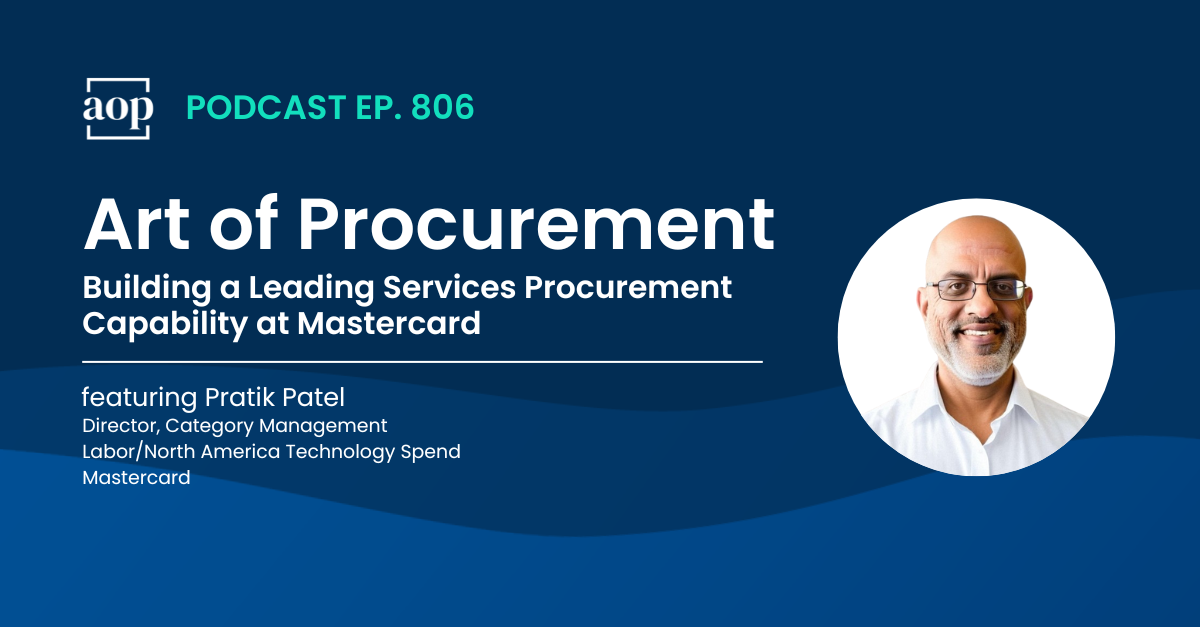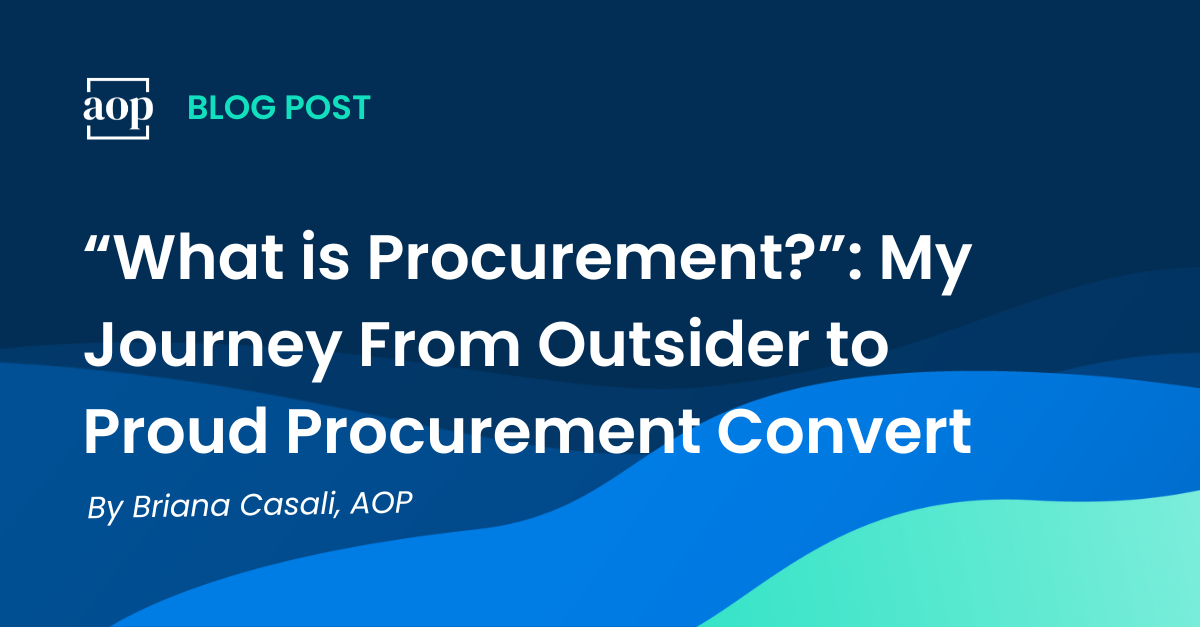2 min read
25 Procurement Lessons that I Learned from Interviewing Procurement Thought Leaders
Philip Ideson : Updated on December 1, 2024

As you may know, I started a procurement focused podcast in November 2015. I started the show as a way for me to learn from thought leaders across our profession, and in doing so, share those learnings with the broader procurement community.
Last week, I published episode 50 of the show. Passing a milestone is often a great opportunity to reflect and to look forwards. In doing so, I compiled a list of 50 lessons that I learned from the first 50 episodes. You can find the full list here, but here is a summary of 25 of the things that I have learned, or that I have reminded myself during the course of the show to date:
(in no order…)
- The foundation for becoming a trusted business advisor is to deliver consistently on the basics.
- The use of social media platforms for procurement professionals and leaders is no longer optional, it is a necessity.
- If we try to tightly control the sourcing process, and withhold information, Sales Representatives will just seek to bypass us.
- Supply market data is all around us. You just need to know where to look, and how to interpret it.
- The skills needed to be successful in procurement are quickly evolving, with a particular focus on relationship building, influencing others and broader commercial acumen.
- By implementing a “service provider” mentality, your team puts the needs of stakeholders first, which has a significantly positive impact on results.
- In the current market, if you find a candidate you like, make an offer. Candidates have multiple choices and you will quickly lose them if you take too long to make a hiring decision.
- Spend under management is not the only measure of our success. We should focus on aligning ourselves with the leaders who have the biggest impact on our company achieving its business strategy.
- Organizations must focus on becoming an employer of choice – and be vocal in publicizing this – if they are to attract the most talented procurement professionals.
- We have a much greater chance of elevating the role of the procurement profession if we do it collectively.
- To build trust, engage with prospective stakeholders early, and without an agenda.
- Used strategically, e-Auctions have the potential to be a powerful sourcing tool. However, they should not be considered a short-cut to savings.
- An RFP is your opportunity to demonstrate why a potential supplier should want to invest in doing business with you.
- Push yourself to do something that you find uncomfortable and you never know where it will take you.
- Alignment is critical. It we are not aligned with our company executives and stakeholders, we operate in a silo.
- You should always be taking stock of the long term health of a supplier engagement so that adjustments can be made before it is too late.
- Supplier Relationship Management 1.0 was just another tool to extract value from suppliers. We need to think differently about how we create true win-win relationships.
- Corporate Social Responsibility is not just about improving your brand. CSR initiatives can lead to cost savings, growth through innovation and supply chain risk mitigation.
- Getting a grip on your internal data does not have to be overwhelming. You can start small and scale as your ability to interpret it grows.
- Managing supplier risk is no longer just about checking their financial health. We have to look at risk with a much broader lens.
- We have a real opportunity to elevate the role of our profession, but change must come from within.
- We are entering a two-tier procurement model. Those that are skilled in aligning procurement with the rest of the business will succeed. Those that do not will risk being outsourced and ultimately automated out.
- The temporary labor supplier landscape is changing rapidly, driven by new technology and the emergence of on-demand workforce intermediation platforms.
- When evaluating procurement technology products, it is essential to consider the user experience and benefits, and not just focus on the value of a tool to the procurement function.
- To build relationships with any stakeholder, we need to stop using procurement lingo and use the language of our peers.
What are some of your key learnings from your work in procurement that you apply every day? I’d love to hear about them!
This post was originally published on LinkedIn




